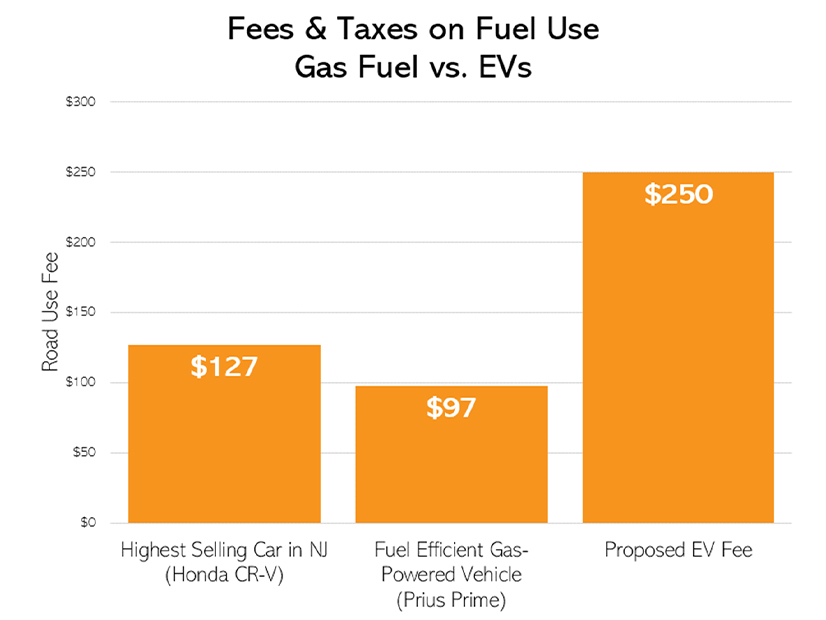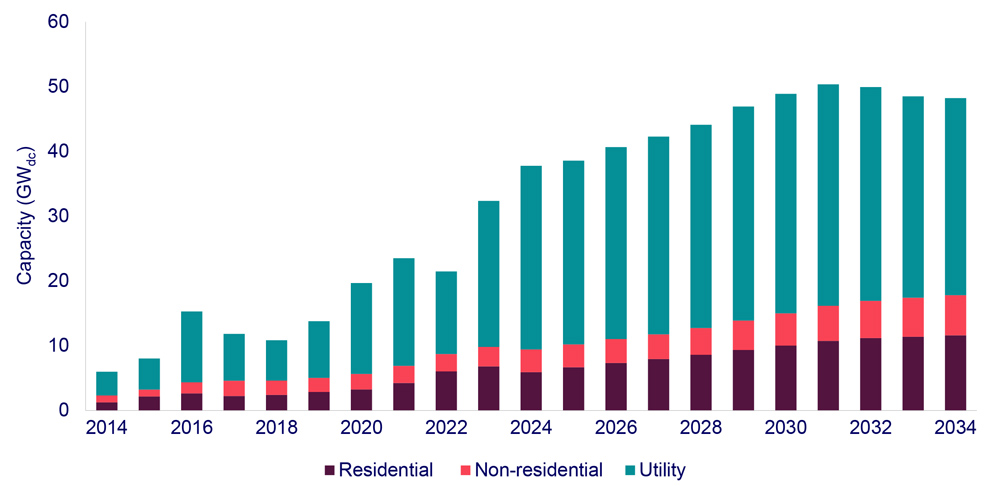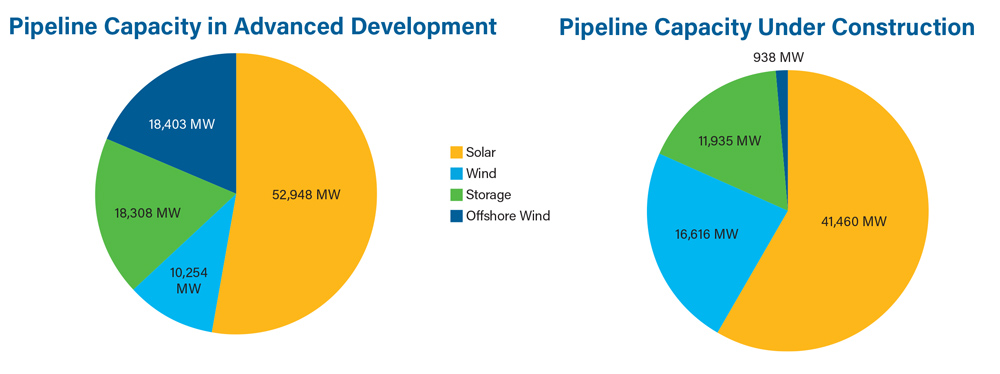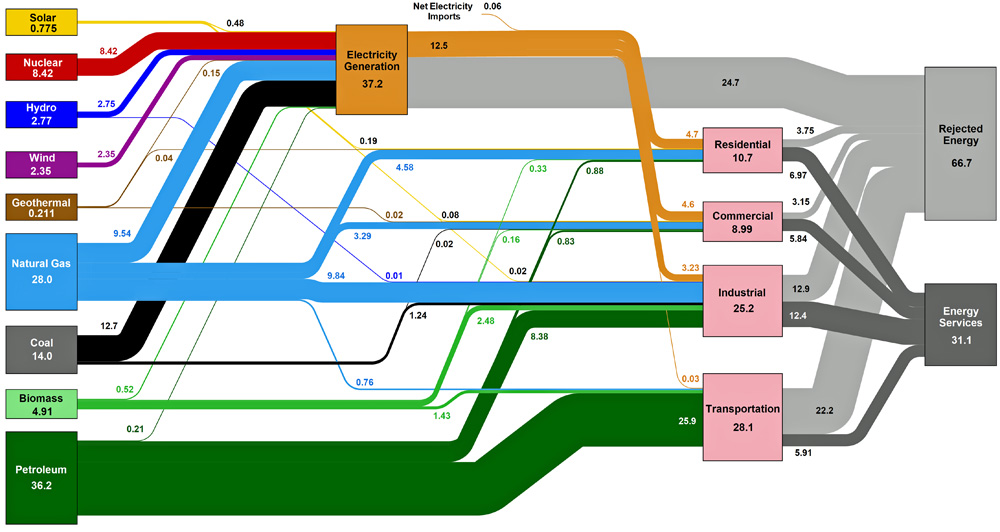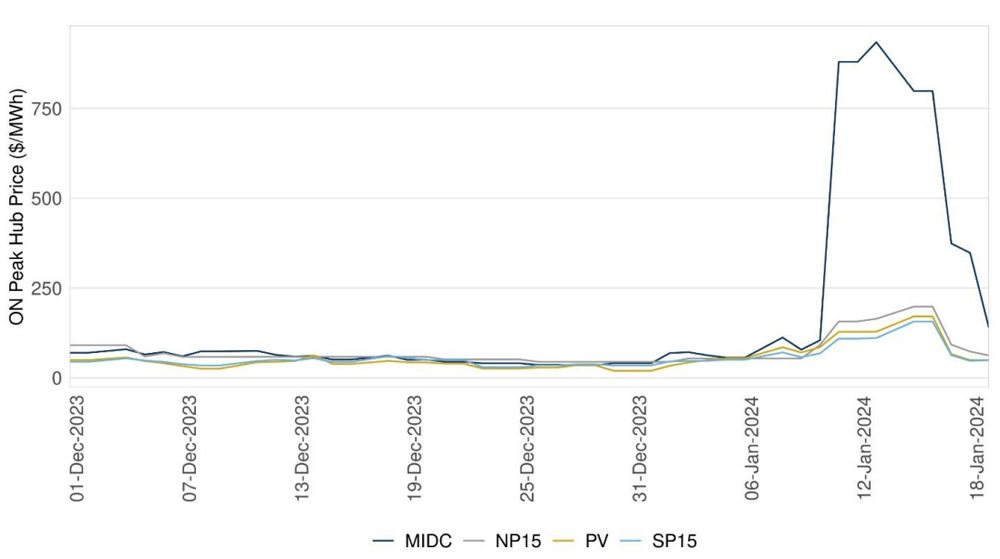Two members of Congress from Tennessee have come across the aisle and introduced a bill that would force the Tennessee Valley Authority to make its integrated resource planning process more transparent.
Reps. Steve Cohen (D) and Tim Burchett (R) added another “IRP” acronym to TVA’s lexicon when they introduced the TVA Increase Rate of Participation Act on March 8.
The proposed legislation would compel TVA to establish an Office of Public Participation to oversee outreach and make recommendations to the utility to improve public accessibility and accountability.
The representatives said their plan would “ensure the most efficient, affordable, environmentally conscious and reliable plan for meeting customers’ energy needs.”
The office would be tasked with making sure TVA’s IRP contains more detailed information like forecasted peak demand and sales data; planned transmission investments; sensitivity analyses on fuel costs, environmental regulations, electrification and distributed energy resources; disclosure of modeling assumptions to intervening parties; and descriptions of public influence on the plan.
Additionally, the office would be responsible for making sure the TVA Board of Directors makes decisions “approving, denying or modifying the plan, like every other utility regulator, according to the least cost and reliability requirements in the Energy Policy Act of 1992, and require consideration of resilience, extreme weather risk and public health impacts.”
“Transparency is critical in making public policy and, for too long, TVA’s decision-making has been obscure and opaque, such as their current IRP process where organizations had to be hand-selected to participate in their working group,” Cohen, a longtime critic of TVA “secrecy,” said in a press release. “TVA needs outside guidance to meet the changing needs of utility customers as it addresses resiliency and other foreseeable disruptions to its planning,”
Cohen made a similar statement Jan. 25 during “The People’s Voice on TVA’s Energy Plan” public hearing in Nashville that was hosted by Appalachian Voices, the Center for Biological Diversity, Southern Renewable Energy Association, Energy Alabama, Southern Alliance for Clean Energy and the Sierra Club, among others. The hearing focused on the shortcomings and shadowy nature of TVA’s IRP process and was held after the utility didn’t respond to requests to host a public hearing on its IRP. (See Nonprofits Attempt to Force a More Transparent TVA IRP Process.)
Burchett said TVA’s customers “deserve the chance to gain insight into TVA’s decision-making process and the opportunity to offer input.”
“I appreciate the ways TVA has made an effort to become more transparent in recent years, and this would provide some solid guidelines on how to make that even more of a reality,” he said.
TVA is conducting its first long-term IRP effort since 2019. The plan not only will guide near-term resource decisions, but steer long-term programs that will determine how the region’s electricity needs will be met through 2050.
TVA: More Public Engagement to Come
TVA spokesperson Scott Fiedler characterized the federal agency as a “transparent organization that actively seeks public input on and about our decision-making processes.” He said TVA “intentionally seeks out, engages and welcomes a diverse set of voices” in its IRP process.
“We are currently reviewing the legislation that was introduced today. We believe we have good methodology, but TVA is always open to improving our public input processes,” Fiedler said in an emailed statement to RTO Insider.
TVA said it will release a draft IRP later in March for public comment. From there, the utility has committed to holding two virtual open houses on the IRP in addition to a series of in-person open houses in Tennessee, Alabama, Mississippi, Kentucky, Georgia, North Carolina and Virginia.
“This will help ensure that every member of the public will be able to receive information and ask questions and provide feedback,” Fiedler said. “Moving forward, with public stakeholders, TVA is creating a roadmap that will support TVA’s mission of making life better for everyone in the region.”
TVA kicked off its IRP process last spring and said it began the planning by soliciting public input on considerations for the 2024 IRP. The IRP is evaluated by a nonpublic, invitation-only working group TVA formed, composed of representatives of “local power companies, academic institutions, environmental organizations, state government and other community groups,” according to TVA. The working group reviews the federal utility’s inputs, assumptions and results; TVA posts short summaries of the working group’s meetings to its IRP site.
Nonprofits Say Law is Overdue
Several environmental and advocacy groups applauded the legislation’s introduction.
Vote Solar Southeast Regulatory Director Jake Duncan called the TVA Increase Rate of Participation Act “a long-overdue yet monumental stride toward creating a meaningful, transparent and inclusive energy plan for the TVA.”
“We applaud Congressman Cohen and Congressman Burchett for their leadership in ensuring TVA’s power system planning includes the very people these decisions impact,” Appalachian Voices’ Bri Knisley said.
Sierra Club Tennessee Field Organizing Strategist Amy Kelly said TVA has operated for too long without “meaningful public and expert engagement during their energy planning.”
“TVA was founded as a public utility to enrich and benefit the people, industries and environment of the Tennessee Valley, and this legislation would help TVA live up to its mission,” she said.
The Southern Alliance for Clean Energy (SACE) also has criticized TVA for carrying out “one of the least public IRP processes in the nation” despite being the nation’s sole federally owned utility.
“This emboldens TVA to invest in new fossil fuel infrastructure, which will expose people in the Tennessee Valley to the risks associated with higher bills, more carbon pollution and more power outages in the future,” SACE said in a statement February.
By all appearances, TVA will replace two coal units at its 2,470-MW Cumberland Fossil Plant with a 1,450-MW natural gas plant. Early this year, FERC approved a pipeline meant to feed the plant, although TVA has said its decision to build the gas plant isn’t final. (See FERC Approves Pipeline to Supply New TVA Cumberland Gas Plant and TVA’s Cumberland Coal-to-gas Plans Press on over Resistance.)
SACE has criticized TVA for using the minimum required public engagement outlined in the National Environmental Policy Act as a substitute for comprehensive public interaction.
